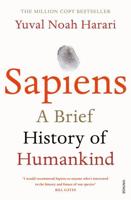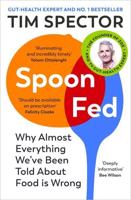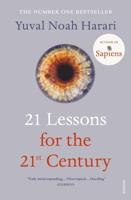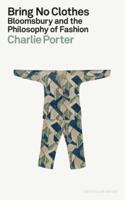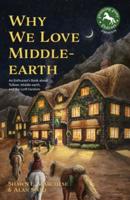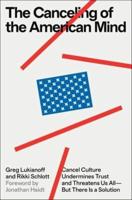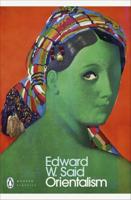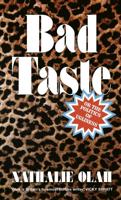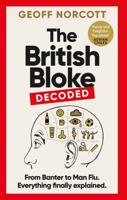Publisher's Synopsis
The Second World War was such a cataclysmic event that it echoes still reverberate, over fifty years after it ended. One of the prime means of exploring the impact of the war has been the feature film. This unique book covers the whole range of British films after the second World War, from In Which We Serve (1942) right up to The Land Girls (1998). Murphy offers detailed analysis of these films. Reflecting the fact that the war affected millions of noncombatants as well as those who fought in it, there are chapters in the book devoted to war comedies, the representation of women and romance in relation to the war, and the disturbing legacy of the war on society. Complete with 25 black and white film stills and a comprehensive filmography and bibliography, British Cinema and the Second World War is an important resource for historians and film students alike, providing a uniquely comprehensive account of how we have portrayed the war through films. The Second World War was clearly a defining moment in British history but it was also of immense importance to the British film industry. What started out as means of conveying propaganda became a way of revisiting, reshaping, and rethinking the experiences of the war years. The war brought the British film industry to the forefront of national consciousness in a way it had never managed before and has never regained since, and it helped to launch the careers of several major directors: Powell and Pressburger, David Lean, Carol Reed, among others

